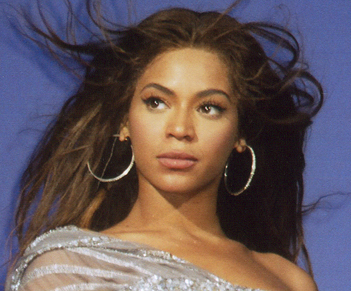What is the value of a liberal arts education?
While that may be true, it does not mean professions in the arts and humanities are fading. They are still extremely important and sought after by employers in the education, marketing, advertising, management, and business markets.
On Oct. 30, East Stroudsburg University announced that it is phasing out two academic programs, French and music, due to an estimated $6.9 million deficit the school will face for the 2013-14 school year. In addition to cutting the two academic programs, the school will shut down the department of movement activities and lifetime fitness and phase out minors in French and German.
Students in those programs can finish their degrees, but the school will not accept any new students.
Despite the changes happening all around it, Marywood has held true to its core values and goals of educating the whole person.
A liberal arts education gives students the opportunity to learn in different academic areas, leading to more well-rounded graduates. Such an academic program does not simply teach courses in a student’s major; rather, it helps broaden the knowledge and intellect of the student to think critically and apply his/her knowledge in real world situations.
A recent survey by the American Association of Colleges & Universities revealed that employers want colleges to emphasize four key areas: critical thinking, complex problem solving, written and oral communication skills, and applied knowledge transition.
Another study by the American Association of College & Universities has shown that employers are looking for individuals that are able to communicate clearly, think critically, and are able to demonstrate ethical judgment.
These are skills that are readily applied and used in courses and subjects taught in the liberal arts universities such as philosophy, English, communications, and social sciences.
This verifies employers are looking or more than just employees with a college education; they are looking for students that are well-rounded, educated, and are able to think for themselves.
The liberal arts education also prepares students to become better learners. The economy, along with technology, is ever-changing. What graduates know now could be obsolete 20 years from now. Knowing how to learn and think critically will be something graduates will use throughout their professional lives as they are forced to adapt to new technologies and ways of working.
The liberal arts also increase passion, confidence, and curiosity in the student’s field by challenging them in subjects outside of their degree programs. This type of education will help the student personally and professionally, by encouraging curiosity and growth.
In a recent article in The Wood Word, Sr. Anne Munley, I.H.M., Ph.D., president of Marywood University, commented on President Obama’s plan for higher education and the importance of a liberal arts education that will prepare an individual for their professional life.
She said; “I just think it’s very important to realize that there is a broad range of diversity in higher education in this country, and that’s one of the things that makes higher education in the United States the envy of the world.”
More universities should follow Marywood’s lead and recognize the importance of the arts in educating the whole person. A liberal arts education ensures that a student has the skills he or she needs to prosper in an ever-changing world.










